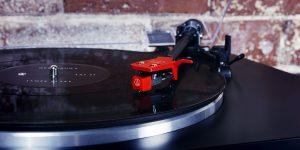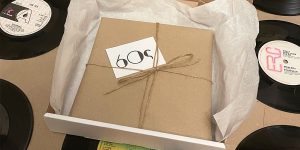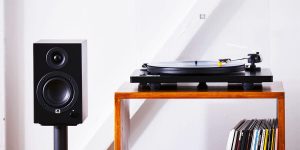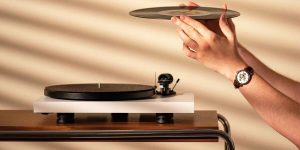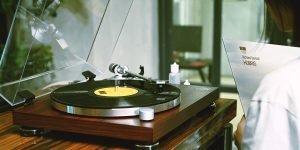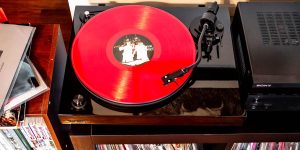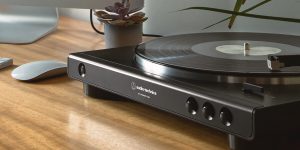There’s something about the warm, crackling sound of vinyl records that just can’t be beaten. Like most people, you probably have a turntable sitting in your attic or in your house.
But what do you do if it’s not grounded? Don’t worry – this blog post will show you how to ground a turntable in just a few easy steps.
Why is it important to ground a turntable?
There are a few reasons why it’s essential to ground your turntable.
- First, if your turntable is not grounded correctly, there’s a risk of electrical shock.
- Second, grounding your turntable helps reduce interference from things like power lines and radio frequencies.
- Third, it can help improve the sound quality of your vinyl records.
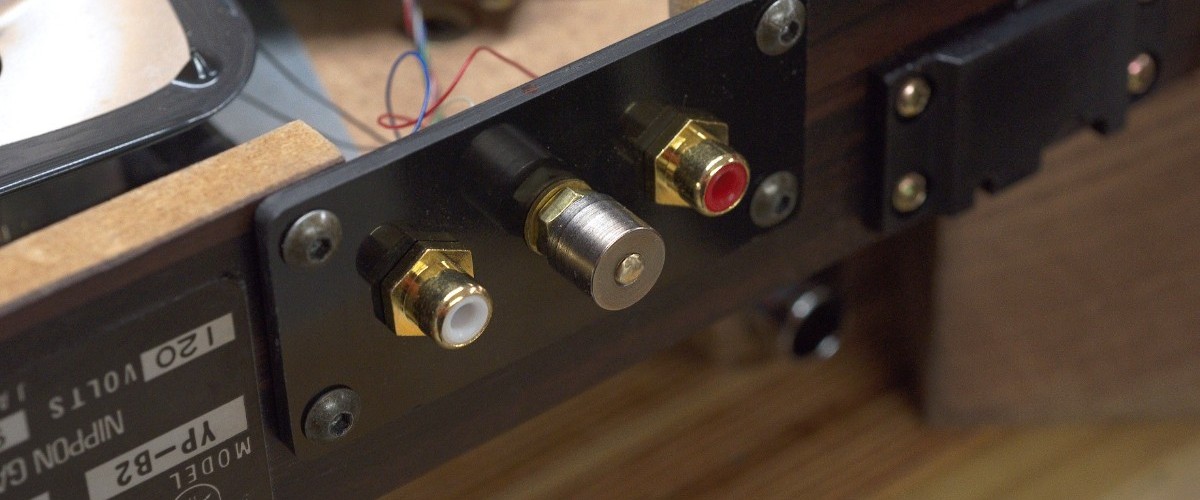
How to understand if the player needs grounding?
It definitely needs to be grounded if you see sparks or static electricity when you touch your turntable. If you hear a humming noise coming from your turntable, it’s likely because it’s not properly grounded.
Another sign is if your records skip or sound distorted. It can also be caused by interference from power lines and radio frequencies. Your needle skipping over the grooves of a record is also a sign that your turntable is not correctly grounded.
If you notice any of these signs, it’s time to ground your turntable.
Materials needed for grounding a turntable
The first thing you’ll need is a grounding wire. You can purchase this at most hardware stores. You will need about 5 feet of insulated wire if your turntable doesn’t have a grounding wire. It is to protect you from getting an electric shock. You’ll also need a screwdriver and something to use as a ground (e.g., a water pipe or metal rod).
If your turntable doesn’t have a ground terminal, use gaffer tape to attach it to the case. These can be found at most electronics stores. Needle nose pliers to twist the grounding wire around the screw terminal.
Steps of grounding a turntable by using a grounding wire
Now that you have all the materials, it’s time to ground your turntable.
- Disconnect the power cord from the turntable and remove any records from the platter.
- Use a screwdriver to loosen the screws on the grounding wire terminal.
- Insert the bare end of the grounding wire into the grounding wire terminal.
- Use needle nose pliers to twist the grounding wire around the screw terminal.
- Reconnect the power cord to the turntable.
- Ground the turntable by touching it with your hand or by using a ground rod or water pipe.
- Test the turntable by playing a record.
There are a few things to keep in mind when grounding your turntable.
First, make sure that the wire is securely attached to the turntable’s chassis.
Second, don’t use too much force when tightening the screws.
Third, make sure that the power cord is not damaged or frayed.
If you followed these steps correctly, your turntable should be properly grounded. If you’re still having trouble, contact a professional for help.
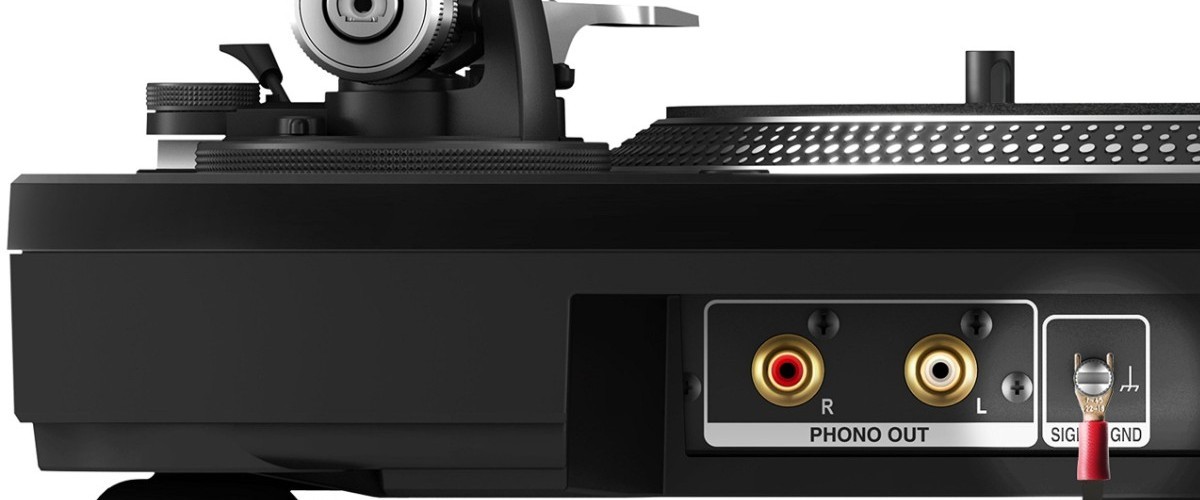
How to use grounding straps and mats
There are a few other ways to ground your turntable, including grounding straps and mats. Grounding mats are placed under the turntable to help dissipate static electricity. If you’re using a grounding strap or mat, the process is similar to using a grounding wire.
First, ensure that the mat or strap is properly connected to a ground source. Then, connect the other end of the grounding wire to your turntable. Both of these methods can be effective, but they may not be necessary if you followed the steps above correctly.
Conclusion
Grounding your turntable is an important part of owning one. It helps reduce the risk of electrical shock and interference from power lines and radio frequencies. It can also improve the sound quality of your vinyl records. With this blog post, you now know how to ground a turntable in just a few easy steps. Give it a try today!
We are supported by our audience. When you purchase through links on our site, we may earn an affiliate commission at no extra cost to you.
Our newsletter
* We will never send you spam or share your email with third parties

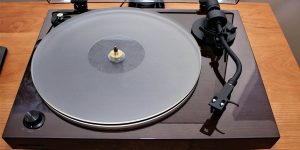

![Best Turntables Under $100 [Reviewed and Tested]](https://righttechadvice.com/wp-content/uploads/2023/09/best-turntable-under-100-300x150.jpg)
![Best Turntables Under $300 [Reviewed and Tested]](https://righttechadvice.com/wp-content/uploads/2023/10/best-turntable-under-300-review-300x150.jpg)
![Best Record Players Under $200 [Reviewed and Tested]](https://righttechadvice.com/wp-content/uploads/2023/10/best-turntable-under-200-300x150.jpg)

